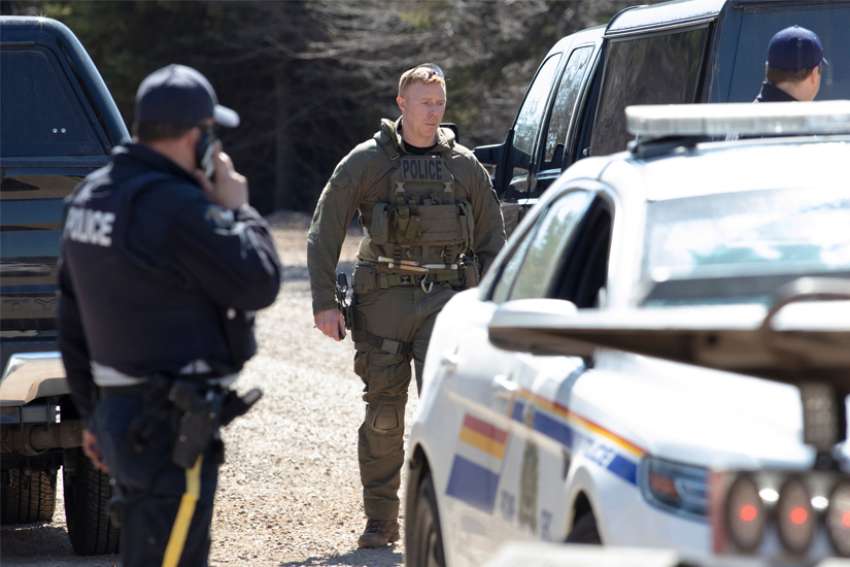Real Christianity doesn’t offer easy, comforting or quick answers to the plain fact of evil, said the Atlantic School of Theology professor.
“Obviously the human brain tries to find answers and tries to say, ‘OK this is why it happened.’ What do we do if there is no why?” Deane asked. “Not everything happens for a reason. Most things don’t happen for a reason, because God is not a cosmic puppeteer.”
In a world where people are created with free will, human beings will be more than capable of evil, and some will cause pain and suffering for themselves and others, Deane said.
Blaming God for allowing evil, or imagining that God somehow controls everything and therefore must have a reason for letting a man shoot his neighbours, reveals a mechanistic and mistaken idea of who God is, said Deane. The freedom God gave human beings is a gift and God isn’t going to take it back so that we won’t hurt ourselves with it.
“In this freedom, we can and sometimes will do horrific things,” Deane said. “This suffering we endure after these horrific things is not part of a grand strategy. It’s not something God wants. It’s not something that God delights in.”
A Christian response to death and tragedy doesn’t magically appear because we go to church, Deane said.
“It involves a skill — a skill in going through the pain, not in diminishing it, not trying to wash it away with easy answers,” he said. “At the same time, not being overwhelmed by it. Because we do have hope — not the hope that it’s all part of God’s brilliant plan, but the hope that God is real and eternal and life is real and that those people who have died are in a better place.”


